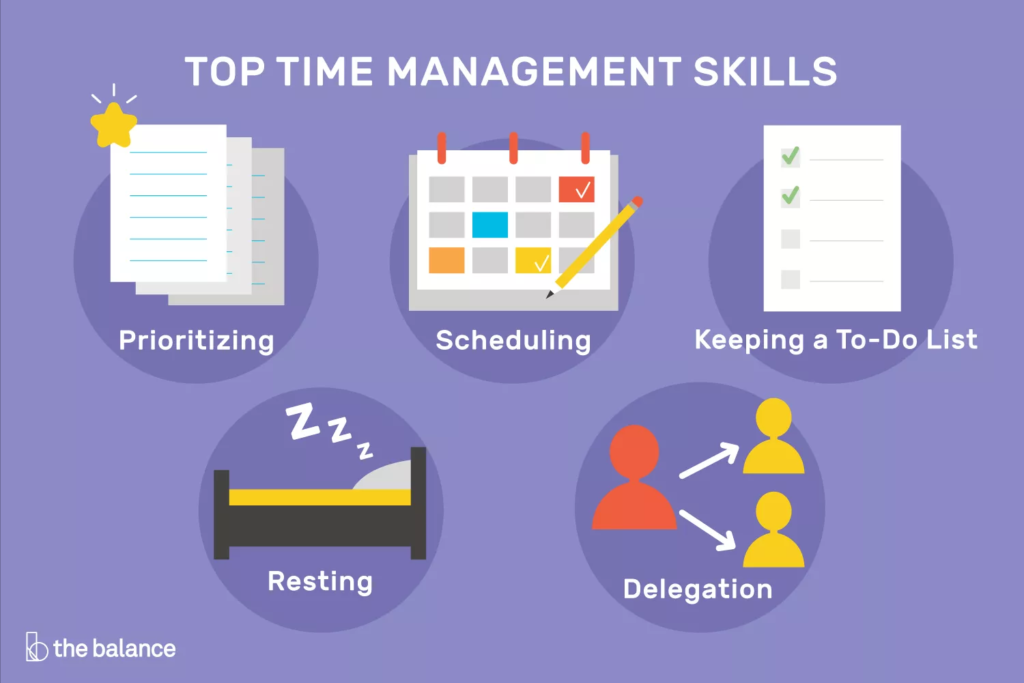5 Things Paramedics Wish They Knew Before Starting Training
Training to be a paramedic is a major commitment in terms of time and money. Anyone entering this field should do so knowing the demands it will make on their work/life balance and the challenges they might encounter while pursuing their certification. Familiarizing yourself with these different factors could spell the difference between succeeding in this profession or simply giving up.
Here are five things paramedics wish they knew before they started training.
1. Some Experience in the Field Before Starting Paramedic School Is Invaluable
When you’re new and inexperienced, it’s difficult to understand the real demands of the job. The only way to fully grasp how challenging being a paramedic out in the field can be is to immerse yourself in it; putting yourself in situations that would demonstrate how complex paramedic scenarios can be. This is why there’s a lot of value in the practical side of learning for paramedic training. Theoretical knowledge is critical, but applying this knowledge amid high pressure, emergency scenarios is a very different experience from calm classroom settings.
It’s harder to make decisions when you’re under pressure, especially when someone’s life depends on it. To prepare for this inevitability, try to gain valuable field experience—even before training begins. Work with a mentor or ask if you can shadow them for additional exposure.
2. Paramedic School is a Significant Time Commitment—Learning Time Management Is Essential
Everyone talks about how time-consuming and demanding paramedic school can be, but most don’t fully realize just how true this is until they’re already knee-deep in coursework. The paramedic program requires a significant time commitment, which means if you have a family, a full-time job, or other obligations, it will be difficult to juggle your schedule.
The best approach is to be organized and learn effective time management strategies. Determine how much time is needed for classes and fieldwork to effectively work it into your already busy schedule. Every facet of the paramedic program is essential—dedicate enough time to learning, both in and out of the classroom.
Unfortunately, there’s no one-size-fits-all approach to this. What might work for one student may not work for another. Regarding time management, it’s necessary to identify the best ways to maximize your free time and balance your course load. For some, dedicating a specific time to pay full attention to studying works well, while others need more flexibility.

3. Take the Time to Pause and Reset
A paramedic career is stressful. In a psychiatric study, ambulance personnel reported a high prevalence of post-traumatic stress, depression, anxiety, and general distress. That’s just the nature of the job. It’s going to be tough at times. Paramedics are exposed to emergencies that require them to think fast and make life and death decisions. This takes a toll on paramedics. Therefore, it’s essential to often pause and reset due to the pressures of the job.
Taking the time to recuperate should not be seen as a reflection of a paramedic’s ability to cope with the challenges of the profession, nor does it diminish your work ethic. Stepping back from the pressures of being a paramedic—even if still only training to become one—is a great way to prepare for managing this stressful career.
4. Learning and Education Will Be a Constant Part of Being a Paramedic
Education is not limited to coursework. Becoming a paramedic entails continuously learning new things well after your studies are finished. Success in the field means learning new techniques, understanding new regulations (while remaining up-to-date), and how all of this applies to your job. Certifications and licenses also have to be periodically renewed, so staying on top of everything required of a paramedic is crucial.
5. Don’t Let Perceived Challenges of Paramedic Training Prevent You From Pursuing It
There are many reasons people will tell you that pursuing paramedic training isn’t worth it. It’s too taxing on your mental and emotional well-being; it’s going to take up too much of your time; you’ll eventually fail because of how tough training can be; and so on.
However, many aspiring paramedics enter this profession because of an inherent need to help and make a difference in the community. This drive is what makes getting through all the challenges of paramedic training worth it. Despite all the potential pitfalls and demands of paramedic training, if it’s something you really want to do, the profession is one of the most fulfilling and rewarding pursuits to embark on.
The Bottom Line…
Paramedic training is going to be challenging. It takes a lot of time and dedication towards completing your coursework. If you’re passionate about helping people and making a difference in your community, becoming a paramedic is going to be worth it. Contact us for more information on how to begin this fulfilling journey.
If you know anyone interested in starting a rewarding career as a paramedic, please share this article.














